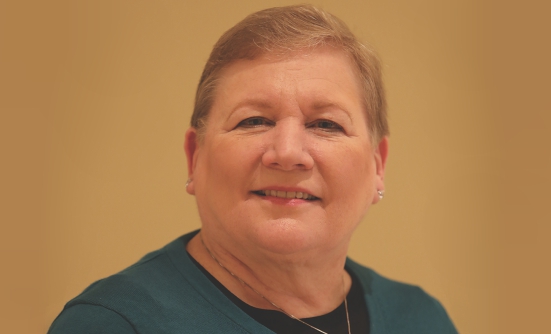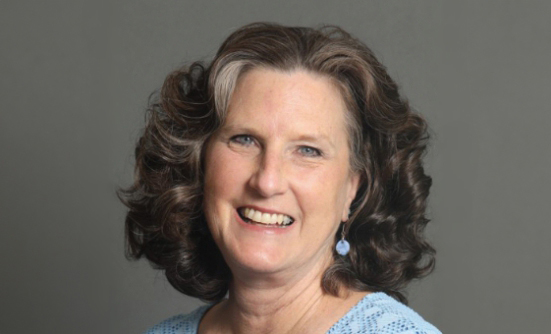Hello and welcome to the first of 3 issues in our 2021 breast cancer series! On behalf of all of us at CONQUER: the patient voice™ I’d like to invite you to read these magazines as a trusted source of information, comfort, and support. As a 29-year breast cancer survivor myself, I understand that being suddenly immersed in the world of oncology can be overwhelming to say the least. There’s the initial overwhelming emotion of hearing the word “cancer” that sets your life in an unexpected (and unwelcomed) direction. Then there’s the overload of information coming at you—information about the disease, the treatments, the side effects, the treatments for those side effects, etc. A goal of this series is to provide you with information in print (and online) to make the experience a little less daunting.
One in 8 women will develop breast cancer at some point in their lifetime. What is important to understand, however, is that breast cancer isn’t just 1 type of cancer. If you or your loved one has talked with other patients, then it may already be apparent that the breast cancer you are dealing with may be different from that of others. It is also important to recognize that the different types of breast cancer with varying grades and stages require different types of treatment. In each issue, we will feature a type of breast cancer and its treatment options—in this issue, we cover hormone receptor–positive cancer—as well as other empowering stories and advice for your survivorship. But before we do, I’d like to review a few basics with you. Let’s start with staging:
There are 5 stages of breast cancer. The earliest stage, stage 0, is also called “noninvasive” and can only be seen on a mammogram. Stages I and II are considered “early diagnosis,” whereas stage III is considered “locally advanced.” Stage IV is metastatic breast cancer, meaning that the cancer has spread to other organs in the body. Although stage IV breast cancer is not curable, it can be quite treatable depending on different prognostic factors and other features of the cancer cells. The goal of treatment for stages 0 to III is to reach a point where the patient becomes cancer-free; for women with stage IV breast cancer, the goal of treatment is to control the disease in the hope of enabling the body to live in harmony with it.
As I mentioned, there are several prognostic features of the cancer cells that greatly influence the course of the disease and determine treatment options. In each issue of this series, you will have the opportunity to learn more about these features in greater detail. We will cover hormone receptors and HER2 status, as well as the absence of these markers, as this is the critical information you and your doctor need to determine the right treatment plan that gives you the greatest probability for success of living a long life filled with joy.
I know from personal experience that this is an overwhelming time in your life. And I truly hope this offering helps to make it a little less so. I am genuinely excited about the information you will read in this and future issues. There is so much to talk about, from the progress of scientific research and clinical trials to new treatment options; from the benefit of participating in support groups to learning to be your own advocate in the healthcare system. We have what we hope will be an educational and inspirational lineup of articles and stories especially for you as you embark on your survivorship.















